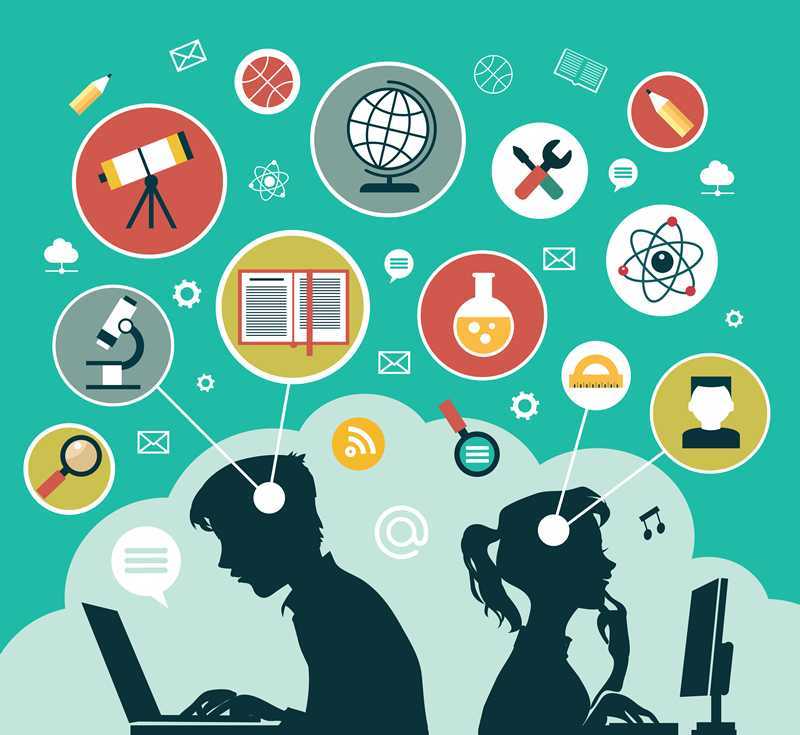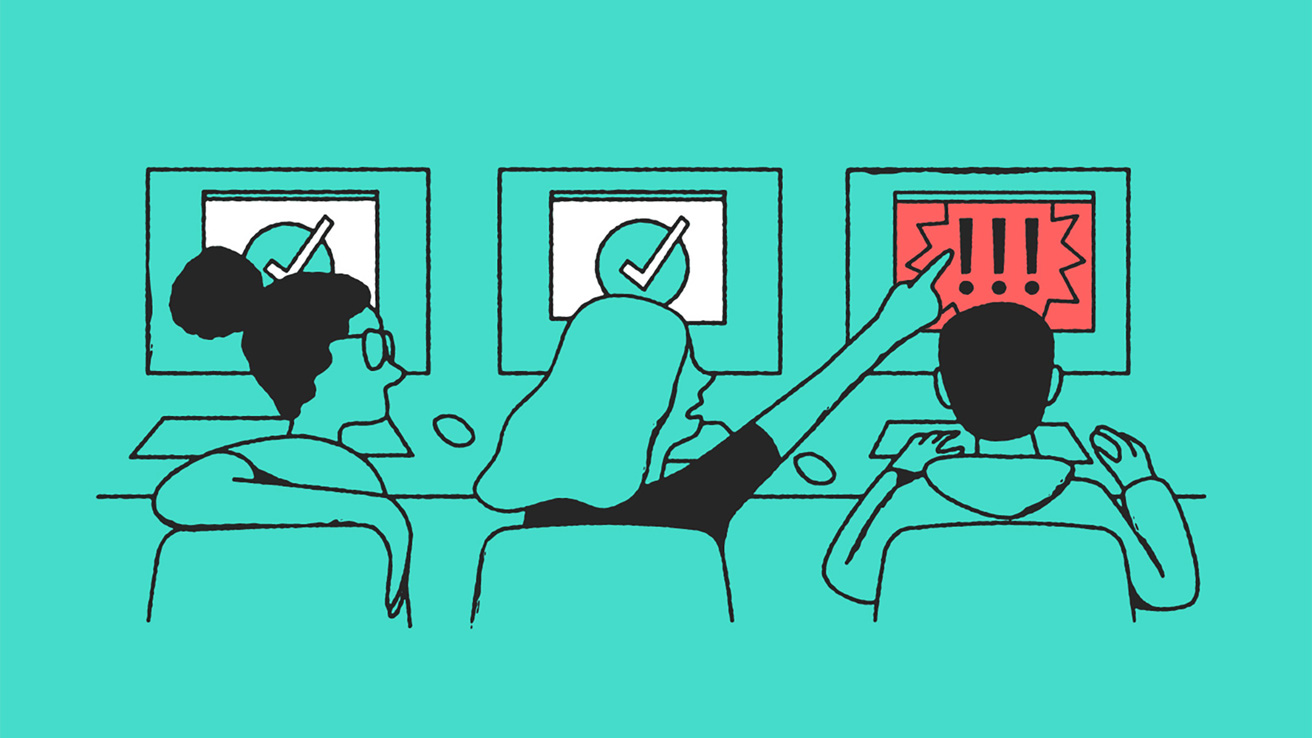The Importance Of Media Literacy In The Modern Age
In today's digital age, we are constantly bombarded by media from a variety of sources. From newsarticles and television shows to social mediaposts and advertisements, we are constantly consuming information and entertainment. However, not all of this media is created equal, and it's important that we as consumers have the skills to critically evaluate and analyze what we are consuming. This is where media literacycomes in.
What Is Media Literacy?
Media literacyis the ability to access, analyze, evaluate, and create media in a variety of forms. It encompasses a wide range of skills and competencies, from understanding how media is created to critically evaluating media messages. Media literacy is essential in today's world, where media is everywhere and has a powerful influence on our beliefs and behaviors.
Why Is Media Literacy Important?
There are a number of reasons why media literacy is important. Here are just a few:
Empowering Consumers
Media literacy empowers individuals to make informed decisions about what they consume. By teaching people how to critically evaluate media messages, they are able to identify bias and misinformation and make choices about what to believe and what to ignore.
Encouraging Critical Thinking
Media literacy encourages critical thinking skills, which are essential in today's world. By teaching people how to analyze media messages, they are able to develop the skills needed to think critically about a wide range of issues.
Fostering Creativity
Media literacy also encourages creativity, as individuals learn how to create their own media messages. By learning how to use different media tools and platforms, individuals are able to express themselves in new and innovative ways. Artificial intelligenceis crucial as a tool in raising creativity.
Combating Misinformation
In today's world, misinformation is rampant. By teaching people how to critically evaluate media messages, they are better equipped to identify and combat misinformation. This is especially important in areas such as politics, where misinformation can have a significant impact on public opinion.
How Can We Improve Media Literacy?
Improving media literacy requires a concerted effort from a wide range of stakeholders, including educators, parents, media companies, and individuals themselves. Here are some strategies that can help improve media literacy:
Incorporating Media Literacy Into Education
One of the most effective ways to improve media literacy is to incorporate it into education. By teaching media literacy in schools, we can ensure that future generations have the skills needed to critically evaluate and analyze media messages.
Providing Access To High-Quality Media
Another way to improve media literacy is to provide access to high-quality media. This can include everything from news articles and documentaries to podcasts and social media posts. By exposing individuals to a wide range of media, they are better able to develop the skills needed to critically evaluate media messages.
Encouraging Dialogue And Debate
Media literacy also requires dialogue and debate. By encouraging individuals to discuss and debate media messages, we can help them develop critical thinking skills and learn how to identify bias and misinformation.
Holding Media Companies Accountable
Finally, it's important to hold media companies accountable for the messages they create and distribute. This can include everything from fact-checking to ethical guidelines for content creators.
The Role Of Media Literacy In A Digital Age
Media literacy is especially important in a digital age where the media landscape is constantly evolving. With the rise of social media and user-generated content, it's more important than ever that individuals have the skills to critically evaluate media messages. Here are some ways that media literacy can help in a digital age:
Identifying Fake News
Fake newsis a major problem in the digital age, and media literacy can help individuals identify it. By teaching individuals how to evaluate the credibility of sources and to look for evidence to support claims, they can avoid being taken in by fake news stories.
Understanding Bias
Media literacy also helps individuals understand bias. With so much information available on the internet, it's important to be able to recognize bias and understand how it can influence media messages. By understanding bias, individuals can evaluate media messages more objectively.
Navigating Social Media
Social media is a powerful tool for communication and information sharing, but it can also be a source of misinformation and bias. By teaching individuals how to critically evaluate social media posts, they can navigate social media more effectively and avoid being influenced by misinformation.
Creating Content Responsibly
Media literacy also helps individuals create content responsibly. With so many tools available for creating and sharing content, it's important to understand the impact that content can have on others. By understanding ethical guidelines for content creation, individuals can create content that is responsible and respectful.
The Future Of Media Literacy
The future of media literacy is bright, with new tools and platforms emerging all the time. However, it's important to ensure that media literacy education keeps pace with these changes. As new technologies and platforms emerge, media literacy education will need to adapt to ensure that individuals have the skills needed to navigate the media landscape.
In conclusion, media literacy is essential in today's world, where media is everywhere and has a powerful influence on our beliefs and behaviors. By improving media literacy, we can empower individuals to make informed decisions, encourage critical thinking skills, foster creativity, and combat misinformation. As we continue to navigate a rapidly evolving media landscape, media literacy will remain a vital skill for individuals and society as a whole.
How To Improve Media Literacy
Improving media literacy starts with education. Here are some ways that individuals can improve their media literacy skills:
Stay Informed
Stay informed about current events and the latest trends in media. Read newspapers, watch news broadcasts, and follow reputable sources on social media. This will help you stay up-to-date on the latest media messages and trends.
Evaluate Sources
When evaluating sources, consider the credibility of the source. Ask questions such as: Who created the content? What is their agenda? Is there evidence to support their claims? By critically evaluating sources, you can determine whether or not to trust the information.
Check For Bias
When consuming media, look for bias. Bias can be overt or subtle, and it can influence the message. By recognizing bias, you can evaluate media messages more objectively and avoid being influenced by them.
Use Fact-Checking Tools
Fact-checking tools can help you determine the accuracy of information. Use tools such as FactCheck.org, Snopes, and Politifact to verify claims and get accurate information.
Be A Responsible Creator
When creating content, be responsible. Consider the impact your content can have on others and be respectful of different perspectives. Use ethical guidelines for content creation to ensure that your content is responsible and respectful.
Practice Critical Thinking
Practice critical thinking skills by questioning the media messages you encounter. Ask questions such as: What is the message? What is the purpose of the message? Who is the intended audience? By questioning media messages, you can develop critical thinking skills and make informed decisions.
People Also Ask
What Is The Meaning Of Media Information Literacy?
Media information literacy refers to the ability to access, analyze, evaluate, and create media messages in a critical and informed manner. It involves a range of skills and knowledge, including the ability to evaluate sources, recognize bias, and navigate different types of media. Media information literacy is important in a world where media messages are pervasive and have a significant impact on our beliefs, attitudes, and behaviors.
What Is The Impact Of Media Literacy?
Media literacy has a significant impact on individuals and society as a whole. By improving media literacy skills, individuals can become more informed and critical consumers and creators of media.
Media literacy also helps individuals recognize bias and misinformation, which can help to prevent the spread of fake news and propaganda. In addition, media literacy promotes active citizenship and engagement with the media, which can lead to greater social and political awareness.
What Is Media Literacy In The Classroom?
Media literacy in the classroom involves teaching students the skills and knowledge needed to access, analyze, evaluate, and create media messages in a critical and informed manner.
This can include teaching students how to evaluate sources, recognize bias, and navigate different types of media. Media literacy in the classroom helps to prepare students for the media-saturated world in which they live and promotes critical thinking skills and digital citizenship.
Conclusion
Media literacy is essential in today's world, where media is everywhere and has a powerful influence on our beliefs and behaviors.
By improving media literacy, we can empower individuals to make informed decisions, encourage critical thinking skills, foster creativity, and combat misinformation. Improving media literacy requires a concerted effort from a wide range of stakeholders, but the benefits are well worth it.


